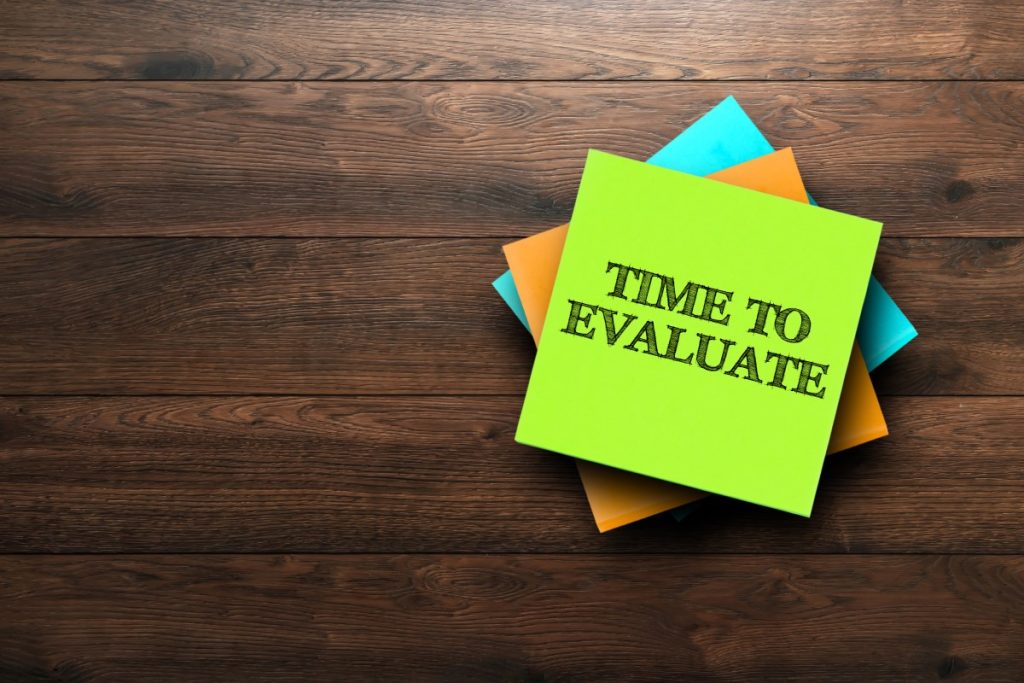Why Evaluation Matters
This section is dedicated to reflections on the role of evaluation in society. As evaluation becomes increasingly embedded in governance, education, health care, and public policy, it is essential to understand not only how evaluation is conducted, but also why it matters.
Through short essays, conceptual discussions, and accessible texts, I aim to highlight the broader implications of evaluation as a societal practice. These reflections are intended for both professionals and the general public – anyone who wants to better understand the logics, values, and consequences of evaluation in contemporary life. Evaluation is not just a technical activity; it is a lens through which we see, measure, and shape the world around us. This makes evaluation knowledge a matter of public concern, democratic engagement, and critical thinking.
Who Needs to Learn About Evaluation?
Before moving on to the practical part of this handbook, it is worth pausing to reflect on why knowledge of evaluation is relevant to all of us – regardless of professional role or societal position.
We live in a time shaped by major and complex societal challenges, where crucial decisions must be made in areas such as education, health, environment, and the economy. In this context, evaluation emerges as a necessary, effective, and modern tool for steering and developing activities. Evaluation is no longer merely a choice – it has become a fundamental part of governance. This development has been reinforced in an era characterised by uncertainty, complexity, and increasing demands for transparency, where evaluation has become an ever more important instrument for both organisations and societies. As Dahler-Larsen (2012) points out, evaluation has developed from being a technical tool to becoming a societal norm – a way of creating order in a world where secure knowledge is rarely at hand.
Evaluation as a Social Norm
Evaluation has come to be established as a social norm permeating all levels of society. Whether we are aware of it or not, most of us are – in different ways – subject to or participants in evaluation processes. This applies to politicians designing reforms, civil servants implementing policies, citizens making use of welfare services, and researchers analysing outcomes. In such a context, it becomes essential to understand the foundations of evaluation, its purposes, and its effects.
Knowledge of evaluation is therefore not only a skill for specific professions – it is a civic competence needed by all, in order to understand, scrutinise, and influence societal development. As House (1993) emphasises, evaluation is not merely a technical procedure but a civic activity requiring broad understanding. Scriven (1991) also underlines that evaluation logic is a form of universal human capacity – something we all apply in everyday decisions, and therefore something that deserves more systematic understanding.
Evaluation as a Key to Understanding and Bildung
To understand evaluation is not only to master technical analyses or statistical interpretation. It also means developing a broader insight into the mechanisms that shape society, and being able to relate to them critically and in a nuanced way. As Blom et al. (2016) point out, knowledge of evaluation contributes not only to education but also to Bildung – a deeper understanding of social phenomena and our roles within them.
Such Bildung includes the ability to think critically and to question what may appear self-evident. Evaluation trains us to ask questions, weigh arguments, and test evidence. By examining assumptions, making value premises explicit, and analysing consequences, we strengthen our ability not only to understand outcomes but also to become more reflective and independent citizens.
Patton (1997) illustrates this dimension symbolically in his story of the birth of evaluation: When God had created the world and declared it to be ‘very good,’ the archangel (Lucifer) stepped forward and asked questions about criteria, data, expected results, and impartiality. These uncomfortable questions disturbed God’s rest – and thus, evaluation was born.
The point of the story is clear: evaluation arises from critical questions. Those who dare to question may be seen as troublesome, but precisely this makes questioning so essential. Evaluation thus becomes an exercise in critical thinking – an intellectual discipline that helps us to see through superficial answers, seek deeper understanding, and participate more consciously in the development of society.
Everyone Needs to Understand Evaluation
In a world where evaluation plays a central role – from individual development to political governance – it is crucial that everyone, regardless of their position in society, has a basic understanding of what evaluation entails.
For those commissioning an evaluation, this means being able to formulate clear goals and assessment criteria. For practitioners, it is about being able to follow up on and improve their activities. For users, it involves the ability to interpret and critically examine the results presented.
To understand evaluation is also to understand society itself. It is a tool for generating insight, ensuring accountability, and fostering development. But perhaps most importantly, it is a way of cultivating critical thinking – a capacity that allows us to evaluate claims, make well-grounded decisions, and resist simplistic solutions in a complex world.
Knowledge of evaluation is therefore not only valuable – it is essential. It equips us not only to meet today’s demands for accountability and transparency but also to participate actively in public debate. Here lies the transition to the second part of this handbook: by understanding why evaluation matters, we can take the next step – learning how evaluation is planned, conducted, and used in practice.
Summary
This chapter has stressed that knowledge of evaluation is not reserved for experts or decision-makers. In a society where evaluation constitutes a central element of governance, accountability, and learning, this knowledge becomes a necessary civic competence. To understand evaluation is both to navigate complex decision-making situations and to contribute to a more insightful and democratic society.


